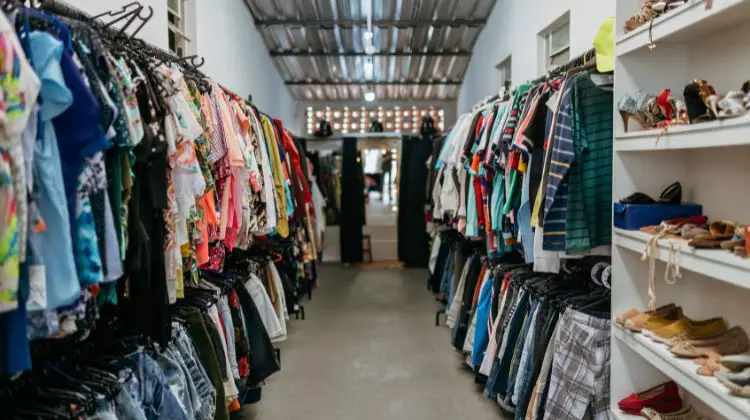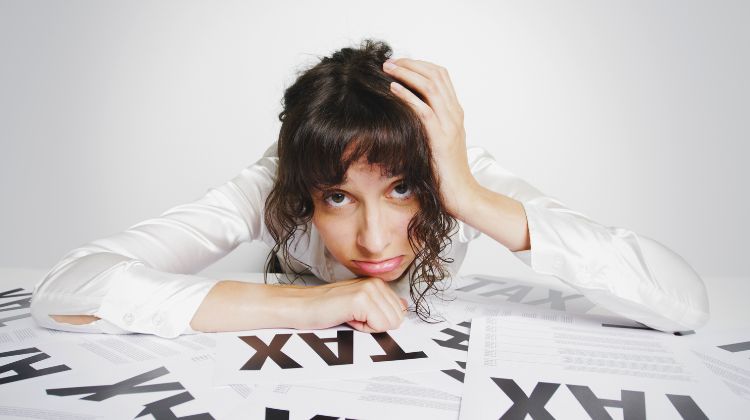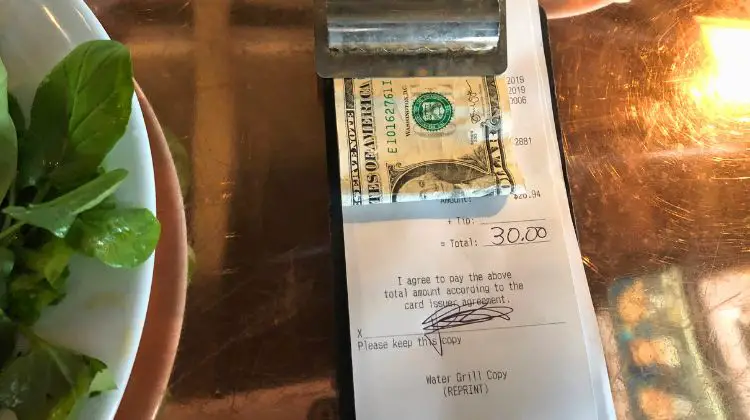Did you know that 54% of Americans met or bested their savings goals last year? If you’re able to save money and amass assets, you may be feeling pretty good about your finances. But you also need to consider what will happen to your money if you pass away.
You may be wondering, “Do I need a will?” Read on to find out!
What Is a Will?
Think of a will as a legal document that ensures your assets are distributed as you want them to be when you pass away. In other words, if you want to leave everything to one child, you can do that. Or if you just started a new business, you can make sure your most trusted partner takes it over.
When writing a will, you’ll want to appoint a person to take care of children or handle your property sales. You’ll need to choose heirs for assets. And by creating a will, you’ll help the transition of assets move more smoothly.
Consider Your Life Situation
Are you married with children? If so, you should start looking at will options as part of your future planning. A living will, for instance, will help those closest to you make decisions when your health prevents you from doing so.
A simple will is a good choice when you want to appoint heirs to your assets (like a retirement account) and guardians for your children. These wills are straightforward and don’t account for complicated real estate situations or trusts. If you own a business or have lots of different assets, you’ll want a more complex will.
Pour-over wills make sense when you have assets that must go into a trust after your death. And joint wills may make sense if you want to determine asset allocations ahead of time with your partner.
Know When a Will Is Not Necessary
Does every person need a will? Some experts argue that younger adults do not. If you’re still paying off significant student or credit card debtsas a 20-something, you probably won’t need a will.
Another school of thought holds that everyone needs a will. Even if you have a modest amount of money, you still want to be sure it ends up in the right hands. A simple will can be a good starting point.
Generally speaking, younger and childless adults won’t have many assets to pass on to someone else. Know that you’ll want to reach out to an estate planner if you reach a point where you can start saving more.
Also, be aware that if you don’t have a will, the state will disperse your assets if you die. This means your assets may go to your child or spouse. But if you are single when you pass, the situation isn’t as clear-cut.
Do I Need a Will?
You might still ask, “Do I need a will?” The answer is yes. Setting up a will is a critical step to ensure that your assets or children end up in the right hands.
If you need more financial advice, subscribe to our free weekly newsletter for the latest information!








Reader Interactions